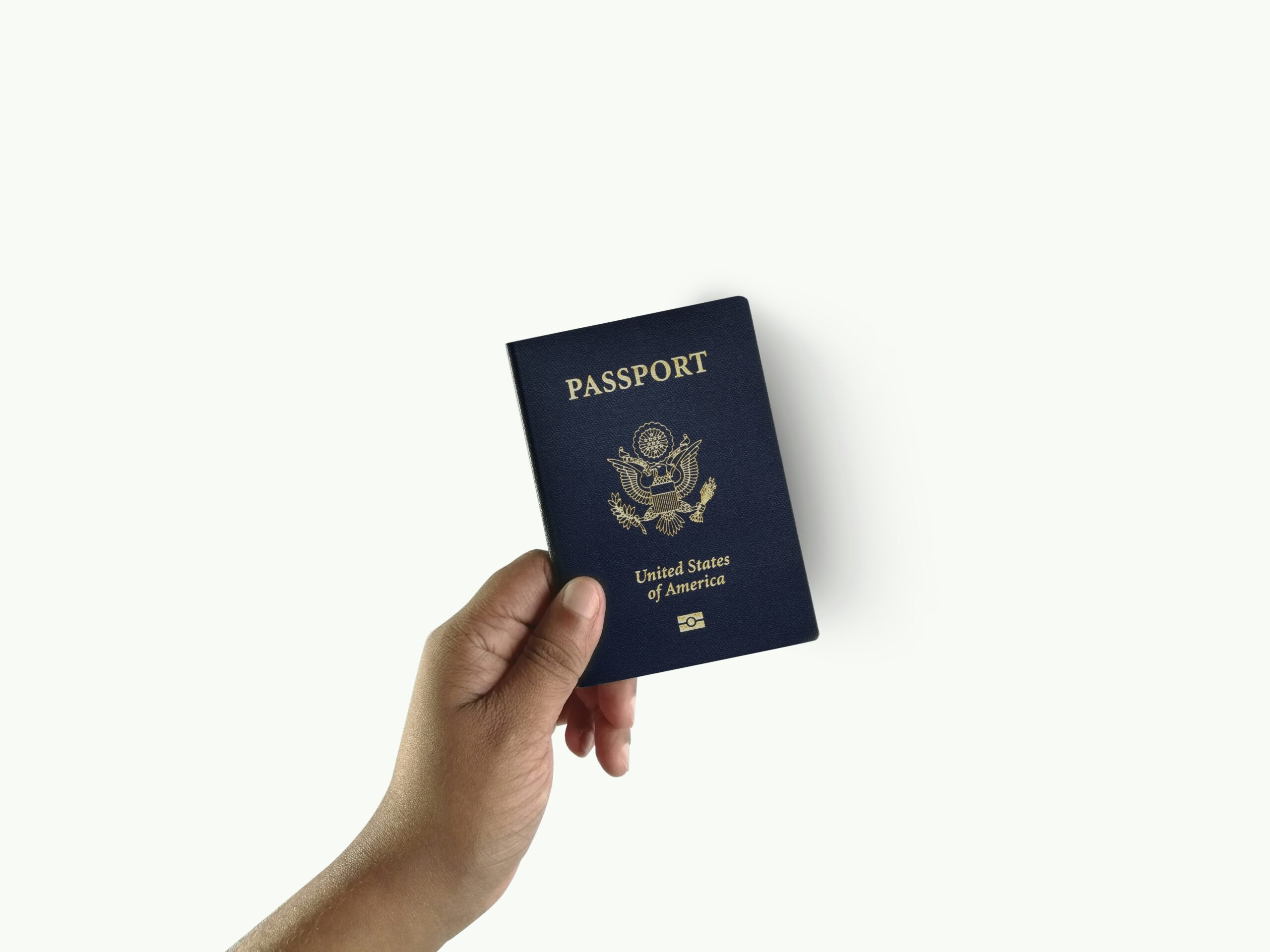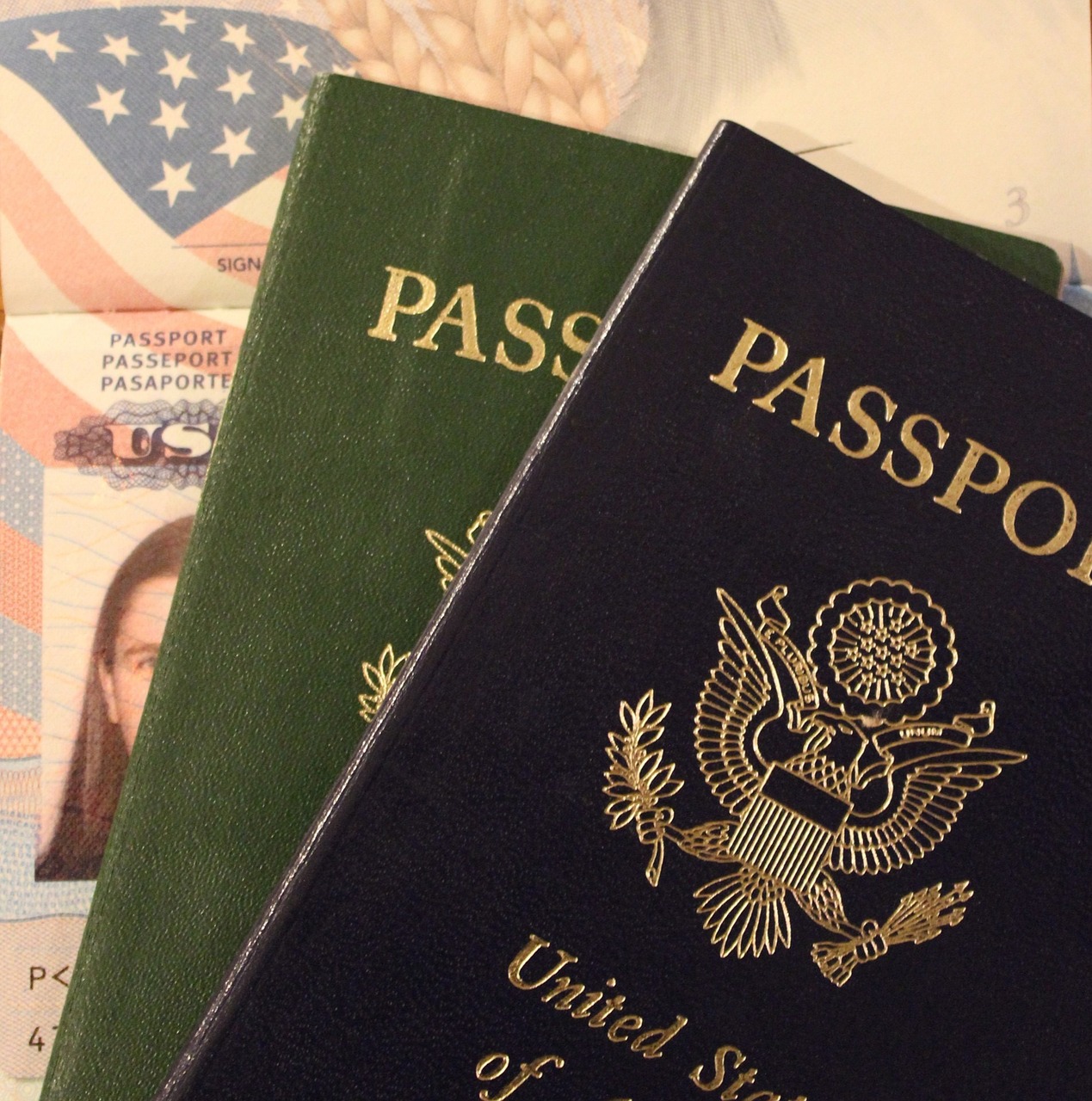What are the last seven marriage based fraud indicators? Hi, I'm Jim Hacking. Immigration lawyer practicing law throughout the United States at our office here in St. Louis, Missouri. Hopefully you've been along for the ride for all seven, or the prior six, and now this, the seventh video that we're shooting to go over the fraud referral sheet obtained through the Freedom of Information Act from USCIS. And in yesterday's video, we covered the first seven family-based petition fraud indicators and now we have another seven. And we're going to wrap up this seven part series with this. We hope you find it all helpful. And, of course, we're doing this so that you can have the best chance of getting your case approved.
These are the last seven things that USCIS considers in deciding whether or not to send your marriage based green card case to the fraud unit. All right, let's get to it. The first one, unusual associations between family members. I think USCIS thinks that sometimes people who work together cook up a marriage based green card scam. And so, if there's connections between the couple, each member of the couple and some other family member, that can be one reason why your case gets sent to the fraud unit. I think it's really stupid. I think people introduce their family members to US citizens or to green card holders all the time. So, this should not really be a factor, but it is one that's listed on the list.
The next one, this one's total BS. Unusual cultural differences. Now, there's no doubt that when the couple is of the same ethnic and racial background that their cases get approved more quickly, but I think that's BS. I don't think it should be that way. I think every case should stand on its own two feet and think the fact, and I say this as a white dude married doing a beautiful Egyptian lady, that I think that's BS. Our marriage, we've been married 22 years now, 21 years, and it's ridiculous that they should say unusual cultural differences between the couple is a fraud indicator.
That being said, I've seen plenty of cases where it's sort of hard to explain how the couple really relate. We had a case once where neither member of the couple spoke the same languages. That was sort of a hard one. And then we've had situations where people just married someone that they met at the gas station or those kinds of situations where it's hard to explain how the couple are actually connected. So, I think it's more about a commonality of worldview, a life lived together versus cultural. I don't think that's the factor. I think you could have people of the same background who have very thin marriage cases. So, that one is sort of one that makes me angry.
All right, low employment or financial status of the petitioner. So, I think that USCIS really treats people of a lower income very harshly and they act as if the only way a US citizen would ever marry a foreign national if they're poor is because they were getting paid and I think that's, again, BS. So, some of these factors I think are legitimate, but this is another one that I think is really unfair. They're just assuming that everybody is out for a buck and they're denying cases or they're sending them to the fraud unit for that reason and I think that's patently unfair.
We talked about this other one, but they bring it up again, that the preparer, the notary, or the minister are the same person. Now, personally, I've been thinking about getting my preacher's license so that I can perform marriages. If you guys think I should do that, leave me a comment down below because I've thought about that. But they're saying that if someone is both the preparer and the officiant, if they're the ones who conduct the marriage, I can see why that's probably not a good idea and frankly, my wife probably won't let me do that, but it probably wouldn't be a good idea for me to be the person who celebrated the marriage, sign the marriage certificate and notarized the signatures and signed it as the attorney of record. That would be a bad idea because it looks like I'm just cooking stuff up. So, I probably won't do that, but it would be fun. I'd like to do some marriages maybe one day. All right. So, in any event, that's one that's on the list.
The next one is the same employer of the petitioner or the beneficiary. I don't think that's a real legitimate one. People fall in love. I just got a case approved today where the couple both work at a huge company. They work in different departments. I think that's sort of silly. So, I'm not going to spend too much time on that. I think that's one that should be able to be overcome easily.
Previous marriages to foreign national. So, when the US citizen has sponsored someone before for a green card, that's going to make the case much harder to get approved. So, if the foreign national has been married to another person and tried to get a Visa that way, that can make it harder. Or if the US citizen sponsor has sponsored other people for a green card and it got approved and that old spouse now has a green card or citizenship, that's a problem, or if it got denied. Right now, they're going back and looking at every piece of paper they can. So, that's the sixth one for today.
And the last one is one that we talk about all the time, sorry for that, excuse me, unusual or large age discrepancy between spouses, then it says when found in conjunction with other indicators. So, they're saying that if there's a large age discrepancy, that in and of itself is not a fraud factor, but they are going to look for undue influence. Is the older person being taken advantage of by the younger person? Is the younger person in a caretaker situation as opposed to a real romance? We had somebody came across a chat today, he said he was 80 years old, but his beloved was 26. That's going to be a hard case to get approved. And that's something that might lead to the case being sent to the fraud unit.
So, those are the indicators, those are the problems, those are the things that USCIS thinks are important. Some of them I agree with, some of them I don't. This has been our seven part series on all the great information we got from this fraud referral sheet. We're going to be using it to prepare our cases and to prepare our cases for interview. So, if you have questions about that, give us a call at (314) 961-8200. You can email us at info@hacking lawpractice.com. Be sure to join us in our Facebook group, which is called Immigrant Home. And if you like this video we ask that you to please share it out on social and that you subscribe to our YouTube channel so that you get updates whenever we make videos just like this one. Thanks a lot. Have a great day.








